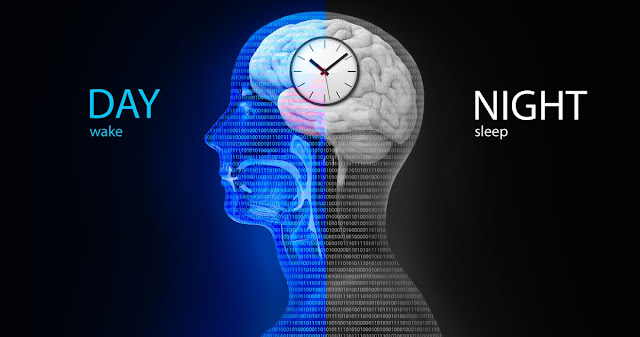Dr. Curtis Cripe Discusses the Link Between Circadian Rhythms and Brain Performance at Different Times of Day
Cognitive performance doesn’t remain steady throughout the day. It rises and falls according to internal biological rhythms. Dr. Curtis Cripe explains that circadian rhythms, the body’s natural 24-hour cycles, play a key role in mental sharpness. These rhythms influence sleep, alertness, hormone levels and brain function, ultimately affecting how well we focus, remember and solve problems. Understanding this connection helps people align important tasks with peak mental performance windows.The Science Behind Circadian Rhythms and Brain Function
Circadian rhythms are regulated by the suprachiasmatic nucleus in the brain’s hypothalamus. This internal clock responds to light and dark cues to regulate sleep-wake cycles, body temperature and hormone secretion. These physiological changes directly affect brain performance. For instance, cortisol levels typically peak in the morning, promoting alertness and memory consolidation. Later in the day, melatonin begins to rise, preparing the body for rest and reducing cognitive speed.
Aligning mental tasks with your natural rhythms can lead to greater productivity and efficiency. Instead of forcing your brain to operate at full capacity during low-energy periods, it’s more effective to schedule tasks during your natural, high-performance windows.
Matching Tasks to Mental Energy Peaks
Brain function fluctuates throughout the day, and certain cognitive tasks are better suited to specific times. Here’s how to time your day to match your brain’s natural rhythm:
Analytical Thinking
Most people experience a surge in cortisol and dopamine levels. This window supports problem-solving, logic-based thinking and complex analysis. It’s ideal for tasks that require deep concentration or decision-making.
Creative Thinking
Mental clarity may dip slightly, but creativity often improves. During this time, looser thinking patterns emerge, which help with brainstorming, writing, or idea generation. Short breaks and light physical activity can help recharge focus.
Routine and Collaboration
This period is good for meetings, collaborative tasks, or administrative work. Reaction times and physical coordination also peak around this time, which may benefit hands-on or kinetic tasks.
Sleep Quality and Circadian Alignment
Sleep is a critical component of circadian health. Poor sleep disrupts the body’s natural rhythm, reducing focus, memory and emotional regulation. Maintaining consistent sleep and wake times helps regulate the circadian clock. Exposure to natural light in the morning and limiting screen time in the evening further support sleep quality and brain performance.
People who work night shifts or travel across time zones often experience circadian misalignment, known as social jetlag. Symptoms can include reduced attention, poor memory and irritability. Gradually adjusting sleep and light exposure patterns can help restore balance over time.
Supporting Long-Term Cognitive Health
By working with your internal clock, not against it, you can improve both short-term productivity and long-term brain health. Identifying your cognitive peak times through observation and consistency allows you to plan demanding tasks when you're naturally most alert. Saving low-focus tasks for dips in energy can make daily routines more efficient and less mentally draining.
Dr. Curtis Cripe emphasizes that understanding your circadian rhythm is a simple yet powerful way to optimize cognitive performance. By syncing your schedule with your brain’s natural tempo, you can think more clearly, remember more effectively and feel mentally balanced throughout the day.
